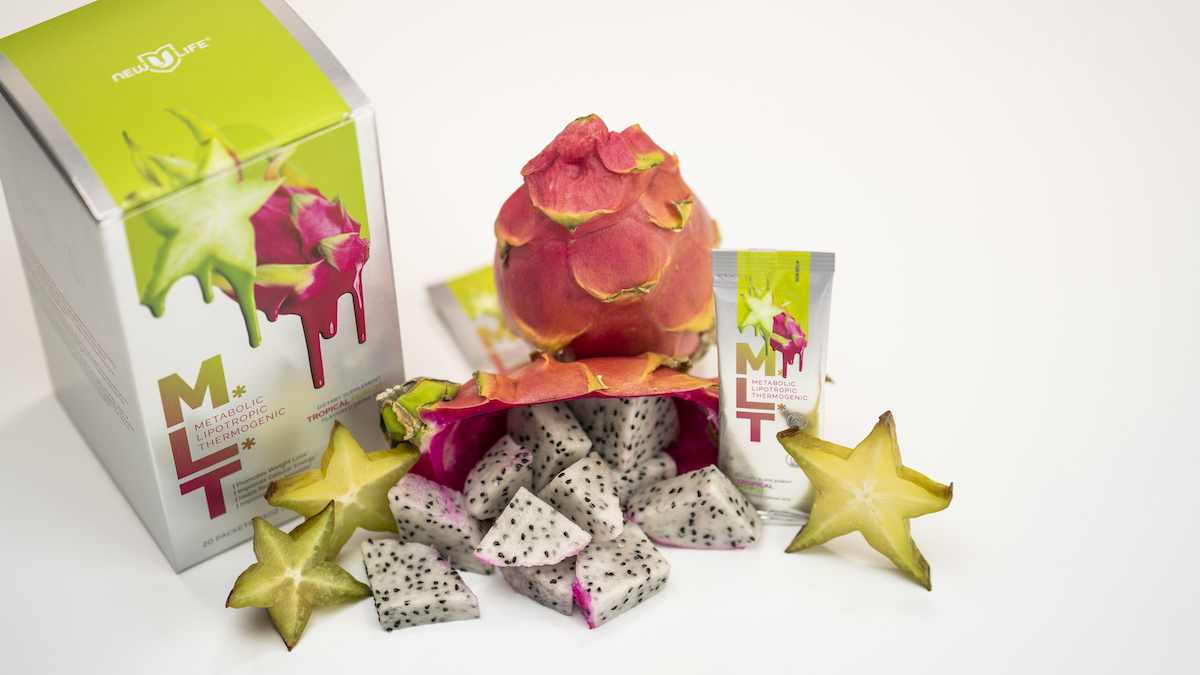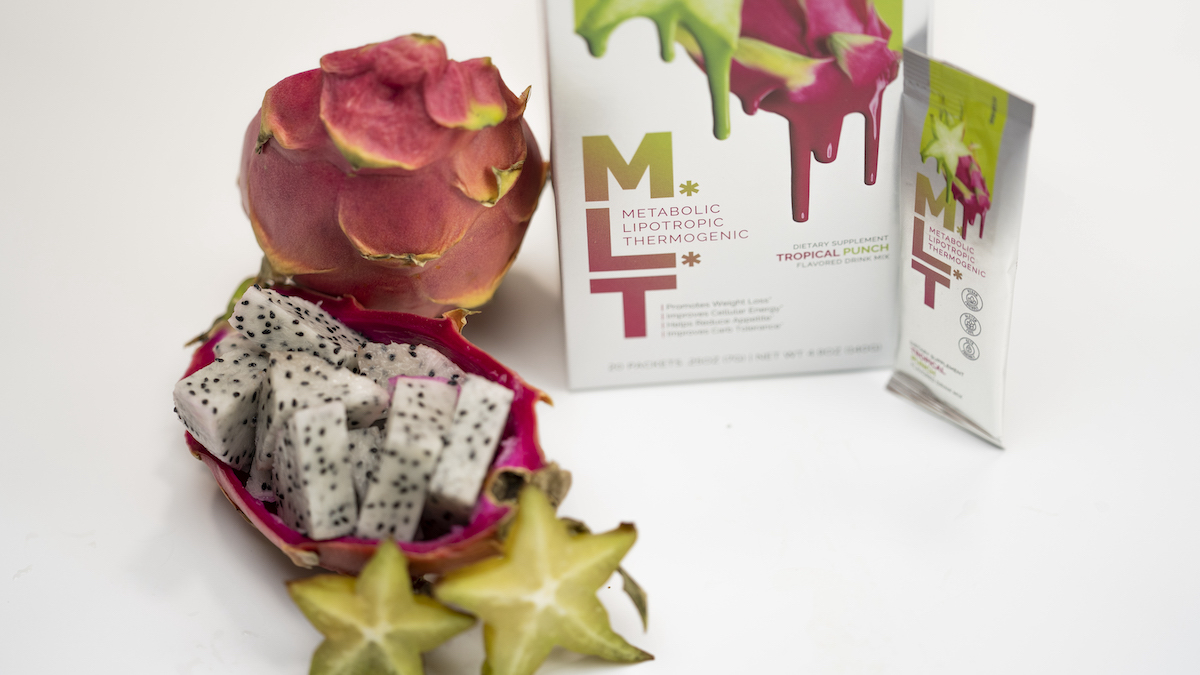Your Body After A Child
By Lacy Nasseh
April 2, 2024
Share Article:

By Lacy Nasseh, FNP
If only we were privy to the myriad of changes our body makes following the birth of our child. Enduring childbirth is a life-changing experience. According to the U.S. Department of Health and Human Services, nearly 4 million women give birth on an annual basis in the US, but the countless bodily changes that occur following childbirth are not always discussed during pregnancy. This may cause women to be anxious, frustrated, and concerned about their body. Hormonal fluctuations are largely responsible for these changes, and it is crucial to discuss our body transformation. Between experiencing new aches and pains, navigating breast engorgement and breastfeeding, and taming the fear of having your first bowel movement following childbirth, the postpartum period can be tremendously overwhelming. It is crucial that we are aware of the countless changes that impact our body in the postpartum period.
The hormonal plummet after birth leads us to be in what's referred to as a "mini menopause" involving hot flashes and night sweats, hair loss, metabolism changes, mood swings, and insomnia. The abrupt onset of hot flashes and hair loss are due to a sudden drop in estrogen levels following childbirth. The hot flashes will stop. The hair loss will cease. Remember, mamas, this is all temporary. An imminent loss of progesterone and estrogen lead to alterations in metabolism following childbirth, which make losing weight more challenging than what it was pre-pregnancy. Mood swings, which may include crying at the drop of a hat or feeling angry for no apparent reason, are largely due to a lack of progesterone and estrogen. “Between high prolactin production, low estradiol, no progesterone, potentially lower dopamine and variations in thyroid hormones it is not uncommon that these imbalances produce an important psychological impact” (Trifu et al., 2019, p. 3). Those surging estrogen and progesterone levels during pregnancy are what helped support our growing baby and placenta. The mood swings level off; you will start to feel like you again. The duration of symptoms associated with hormone imbalance typically last about 6 to 8 weeks following delivery (Trifu et al., 2019). A lack of progesterone leads to insomnia and sleep disruptions. As less sleep is attained postpartum, depression and anxiety may settle in and impact our ability to care for our baby and ourselves. We are not always privy of these postpartum changes leaving women with many unanswered questions. It is common for these symptoms to impact us for the first few months following childbirth, but it is crucial to speak with your provider about individualized options if symptoms persist. The "mini-menopause" following childbirth is not forever. Even if sometimes it feels that way, I am here to tell you, mama, you are not alone.
Painful sexual intercourse is another common symptom following childbirth. A sudden loss of estrogen and progesterone may precipitate vaginal dryness, impacting sexual intercourse. When a woman is breastfeeding, vaginal dryness may be more bothersome as prolactin surges while estrogen and progesterone levels are even further suppressed. Researchers found that achieving vaginal lubrication during sexual intercourse following delivery affected approximately 84% of women (Mbarki et al., 2022). Vaginal dryness may lead to painful sexual intercourse, but there are other causes to painful sexual intercourse following childbirth, such as pelvic floor dysfunction. It is crucial to seek proper evaluation by your provider if you are experiencing painful sexual intercourse. Fortunately, there are a multitude of options to manage and treat painful sexual intercourse. Many women do not know how to navigate these intimate concerns and may hesitate to bring them up due to feelings of stigma or guilt. I am here to tell you, don't feel ashamed! Bring your concerns to your provider because there is no reason painful sexual intercourse should afflict you.
Our bodies endure tremendous, precipitous changes postpartum. My experience postpartum was a similar story to many other mothers. Despite being wildly sleep-deprived and emotional following the delivery of my child, I couldn't help but notice that my body didn't look like it did pre-pregnancy. I was not expecting my body to look perfect, but I did not anticipate how difficult it would be to look in the mirror. I knew I wasn’t the only one feeling this way. In fact, compared to late pregnancy and pre-pregnancy, women are most dissatisfied with their bodies in the postpartum period (Chen & Chang, 2023). When I passed the mirror, I would actively avoid looking into it. I was swollen and soft in places I had never been. I remember feeling baffled that my stomach looked as if I was still 6 months pregnant. My supportive OB/GYN gently reminded me that my uterus needed time to shrink back to its original size. I remember her saying, "Give it time, Lacy. Be nice to yourself. This is normal." The overwhelming sense of joy and pride that I felt looking at my baby did not translate to myself when I looked in the mirror. I knew I had to address these self-deprecating feelings before they took hold of me. Add in the sudden onset of hot flashes, mood swings, hair loss, insomnia, and metabolic changes and it is understandable that women are left feeling isolated, frustrated, and concerned about their bodies. Inevitably, our bodies undergo immense and abrupt changes following childbirth.
I was not anticipating all the changes that would happen to my body and the way they made me feel out of control and frustrated. Research has demonstrated that giving birth provokes permanent changes in the brain (Trifu et al., 2019). In part, this is because sex steroids - including estrogen and progesterone - pass the blood-brain barrier which contain abundant receptors essential for the regulation of emotions, behavior, and cognition (Trifu et al., 2019). The day I was discharged from the hospital, I needed to take back my control. I couldn't wait to take a walk and feel the sun on my skin. I proceeded to walk two miles, which was a terrible idea given the innate intensity of labor and delivery. In turn, I was very sore and fatigued. After that day, I turned my focus to consuming highly nutritious foods, pacing myself with physical activity, and resting as much as I could to help my body heal from a glorious, but intensive labor and delivery. Just as we nurture, adore, and love our baby with every bit of us, our bodies deserve the same treatment and grace. We must remember that our bodies sustain colossal changes and tremendous hormonal fluctuations following childbirth and we need to treat them with compassion and love.

I decided to center my efforts on fueling my body with nutrient-dense foods, moderate physical activity, and quality sleep. I started incorporating protein with every meal whether that was an egg, protein shake, or a handful of nuts. Snacks in between meals consisted of yogurt, fruit, or a protein bar. I added a scoopful of collagen to my coffee every morning for additional healing property goodness. I gave myself two weeks, and with the approval of my OB, started taking morning and afternoon walks with my baby. I started lifting light weights and adding stretches to my morning routine. Naturally, sleep was hard to come by in the first few months following delivery; however, I learned to let the little things go as I quickly became accustomed to how detrimental sleep deprivation was to my mind, my body. I found the less sleep I got, the less motivated I was to be physically active and the more I craved sugary foods. The laundry could wait, the dishes were not a priority any longer. My sleep and my mental health were my priorities; this gave me the reserve to nurture my baby. Not every day looked "perfect" when it came to nutrition, physical activity, and sleep, but my body was rewarded as I felt my strength returning after about one month into my postpartum journey.

The changes in our body are changes that we should embrace and, dare I say, celebrate! Every day, I look in the mirror and, rather than choose to focus on the flaws, I choose to accept that what my body has done is nothing short of a miracle. I am in awe of what my body endured to bring my baby into this world. Nine months of growing my sweet baby from his ears and nose, to his heart and lungs, to his sweet little toes. Twenty-four hours of labor, 64 minutes of active pushing, and the delivery of my 8-pound baby boy. How can a body be the same after that? It can't because of all the magic that it just did! These days, I look in the mirror and choose to be proud of what my body has done, and I hope you feel that way too.
Your body after a child requires the same amount of compassion, patience, and nourishment that we give to our baby without a blink of an eye. I am here to remind all the women out there whether you are trying to conceive, you are pregnant, you have lost a baby, or you have ever had a baby, that changes to our body are normal. These changes are uncomfortable and difficult to accept, at times, but criticizing yourself is only going to feed into a toxic cycle of self-hate and scrutiny which is not healthy, nor productive. I am grateful for my OB/GYN who reminded me multiple times that time equals healing. I am grateful to my husband who tended to me when I was sore and emotional and hormonal. I am grateful to my parents for caring for my baby when all I needed was two hours of uninterrupted sleep. Lean on your support system. Ultimately, your body after a child is not the same. Choose to shower yourself in the same love that you provide to your baby. It might sound simple, but don't forget to be nice to yourself, mamas. After all, your bodies have done so much.

There are several great options offered by New U Life for the non-nursing mothers to help support your hormones as your body recovers after a child. One fantastic option is the metabolic, lipophilic, thermogenic or MLT, which is an excellent product that may enhance mental clarity, increase energy, and support appetite regulation. Additionally, MLT contains an important amino acid essential for metabolism and five electrolytes including potassium, phosphorus, magnesium, calcium, sodium, and B-complex vitamins. Altered metabolism, low energy, and brain fog are common following childbirth. MLT is an exceptional product as it may help improve these processes. Another great option is called Somaderm, which is a transdermal gel that contains proprietary homeopathic ingredients that may enhance natural growth hormone and support anti-aging. Having a child impacts the body in a multitude of ways. One way in which childbirth impacts women is through cellular and physiological degradation similar to mechanisms demonstrated in aging (Giller et al., 2020). As the role of Somaderm is to support anti-aging, this high-quality product may have advantageous effects on your body after a child. Lastly, NeuraVie is a dietary supplement which consists of 38 beneficial ingredients specifically formulated to enhance cognitive performance, improve mental clarity, and support a positive mood. Following the birth of your child, it is common to endure symptoms of fatigue, mood swings, and brain fog. As NeuraVie may support the cognitive functions in the body, this may be a great option for you. The postpartum period consists of vast hormonal changes and New U Life’s high-quality dietary supplements may help support your body in numerous ways after having your child.
References
- Chen, M. L., & Chang, S. R. (2023). The relationship between body dissatisfaction and postpartum depressive symptoms: A cross-sectional study. Journal of Affective Disorders. 324, 418-423. https://doi.org/10.1016/j.jad.2022.12.102
- Giller, A., Andrawus, M., Gutman, D., & Atzmon, G. (2020). Pregnancy as a model for aging. Ageing Research Reviews. 62. https://doi.org/10.1016/j.jad.2022.12.102
- Mbarki, W., Bettaieb, H., Frikha, M., Abidi, I., Halouani, S., Boufarguine, R., Oueslati, H., & Mbarki., C. (2022). Prevalence of and risk factors associated with vaginal lubrication issues in women at 6 months postpartum. The Journal of Sexual Medicine. 19(5), 232. https://doi.org/10.1016/j.jsxm.2022.03.529
- Trifu, S., Vladuti, A., & Popescu, A. (2019). The neuroendocrinological aspects of pregnancy and postpartum depression. The International Journal of Romanian Society of Endocrinology. 15(3), 410–415. https://doi.org/10.4183/aeb.2019.410
- United States Department of Health and Human Services. (n.d.). Infants. https://health.gov/healthypeople/objectives-and-data/browse-objectives/infants